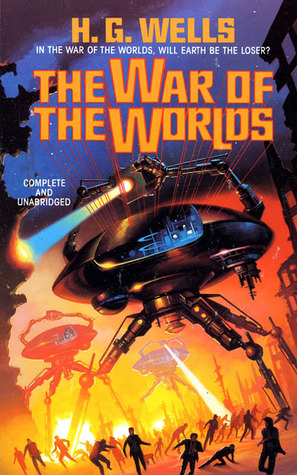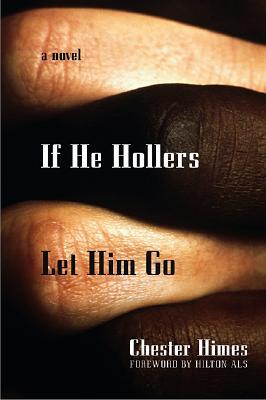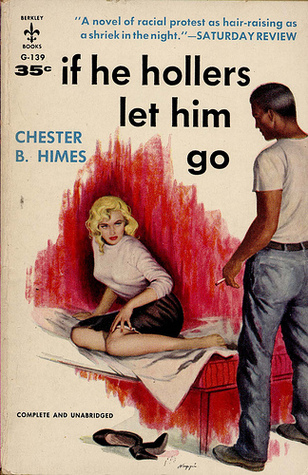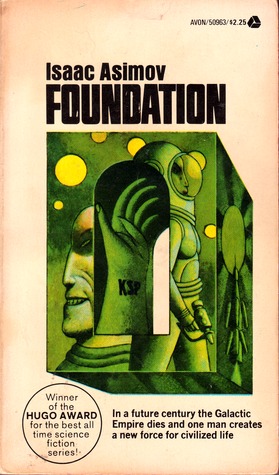 After a bit of thought I've decided to read the top 25 books on the list at http://scifilists.sffjazz.com/lists_books_rank1.html. Maybe I'll read more than just the top 25 but in the year before we started this project I read books #26 and #27 (The Left Hand of Darkness and Speaker for the Dead) on the list and neither would be books I'd want to re-read so soon. I had also read books #74 and # 76 (A Princess of Mars and The Puppet Masters) and neither are ones that I'd ever want to re-read. Of the top 25 books, I've already read 15 of them and each are ones I'd want to re-read (5 of which are on out top 100 list so I'm going to be rereading them anyway). I've always been curious if I'd enjoy or 'get' Neuromancer more now than when I read it as a teenager.
After a bit of thought I've decided to read the top 25 books on the list at http://scifilists.sffjazz.com/lists_books_rank1.html. Maybe I'll read more than just the top 25 but in the year before we started this project I read books #26 and #27 (The Left Hand of Darkness and Speaker for the Dead) on the list and neither would be books I'd want to re-read so soon. I had also read books #74 and # 76 (A Princess of Mars and The Puppet Masters) and neither are ones that I'd ever want to re-read. Of the top 25 books, I've already read 15 of them and each are ones I'd want to re-read (5 of which are on out top 100 list so I'm going to be rereading them anyway). I've always been curious if I'd enjoy or 'get' Neuromancer more now than when I read it as a teenager. The first time I read The War of the Worlds was right before the big giant Spielberg movie version came out in 2005. The story is pretty simple. On the outskirts of London in the 1890's an alien invasion takes place. The aliens arrive in 'rockets' from Mars and once they put together their tripod machines they go about using their heat ray and spreading black smoke that kills everything in the English countryside. The English don't have much defense against this so it is a good thing that *spoiler* that the Martians are vulnerable to bacteria and die after a week or so.
I enjoyed the book back then and enjoyed it again this time. In fact, I think I'll have to put this one in my top 50. There are quite a few alien invasion books and movies now, but The War of the Worlds was one of the very first and it is fair to say that most of these types of stories have taken something from The War of the Worlds. The story is told through a narrator that continually escapes the aliens out of luck and is able to give a first hand account of what the aliens do throughout their attack. It is never really a fair fight between the humans and the Martians, and given that the characters have absolutely no frame of reference for an alien invasion the book comes off almost more as a horror story rather than either science fiction or action. I also really liked H. G. Wells' style. It is very descriptive of the Martians and their machines and also of the narrator's emotions and has a nice balance of plot with emotion. I'll have to give it an A+.



